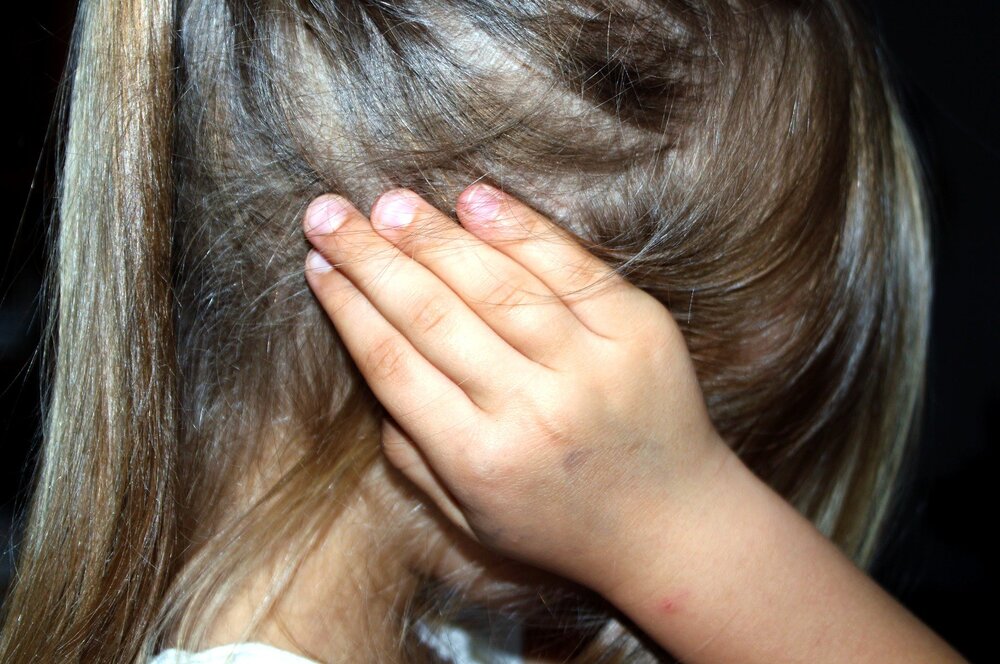By David Saunders | UPDATED: 05:28, 04 February 2020
Despite claims that 45% of the population have suffered from a health condition related to their ears in the past 2 years, a new study of 2,000 adults has revealed that one in three have never had their hearing tested.
Over 90% of the population will regularly have their eyesight tested, suggesting that we neglect our ears when it comes to our regular health check-ups.
The most common reasons for irregular or non-existent hearing tests were lack of concern about hearing (37%), a shortage of time (27%) and lack of knowledge about how to get hearing tested (26%).
The study commissioned by Earex revealed over half of those surveyed (51%) said they believed hearing was neglected compared to sight and teeth.
Twenty-six is the average age that people think we should start having regular hearing check-ups in light of lifestyle habits being a core factor impacting our ear health throughout our twenties and thirties.
Unhealthy eating, smoking and use of in-ear headphones were all revealed as key contributing factors to diminishing ear health.
18-24-year olds are the biggest culprits for wearing in-ear headphones, whilst almost half of 25-34 year olds admitting to regularly listening to music at full volume.
Dr Henderson, leading GP and Earex spokesperson comments: “We take our hearing for granted but it’s only really when things go seriously wrong that we realise just how important it is to take good care of our ears. We want to educate the British public about their ears so that they are no longer the neglected sense.
“Treating your ears with the same level of care that you’d treat your eyes and your teeth is key. Ears are ultra-sensitive, so they need to be looked after carefully.
The number one cause of earache is earwax build-up which affects over one third of ear pain sufferers. Rather than using cotton buds which can push wax further into the ear, making ear problems worse, blocked ears should be cleaned with a product such as Earex Advance Ear Drops. Ear drops such as these contain urea peroxide which releases oxygen and works alongside glycerol to break up and soften hardened wax deposits.
“At this time of year when temperatures drop it’s even more essential that we look after our hearing. Cold weather can contribute to the hardening of earwax which is naturally made by our bodies to help keep our ears clean and free of germs. It’s during the winter months that our ears are most vulnerable to becoming blocked with the build-up of wax, which if left can become both painful and detrimental to our hearing.
Dr Henderson added: “Simply being aware of just how delicate the balance of ear health is and taking steps to minimise the factors that contribute to poor ear health can really help.
“For example, more people than ever are wearing in-ear bud headphones which can act as a stopper to prevent wax from being naturally pushed out of the ears. This can then block the ear passages and increase the number of bacteria in the inner ear by up to 700 times3. As well as ensuring the noise level of headphones isn’t too high, users should ensure they regularly take breaks from headphones to let their ears self-clean and minimise infection.
“Additionally, lots of people don’t realise the ears – much like other parts of the body are impacted directly by how we look after our general health, so things like a poor diet, excessive drinking and smoking can all have an adverse effect on our ears too.
“By understanding how our ears work and the factors that can affect them, we can hopefully ensure they get the care they deserve.”
Earex is available to purchase from the Earex website, convenience stores, grocers and pharmacies nationwide. For more information and to purchase Earex, visit: www.earex.co.uk
